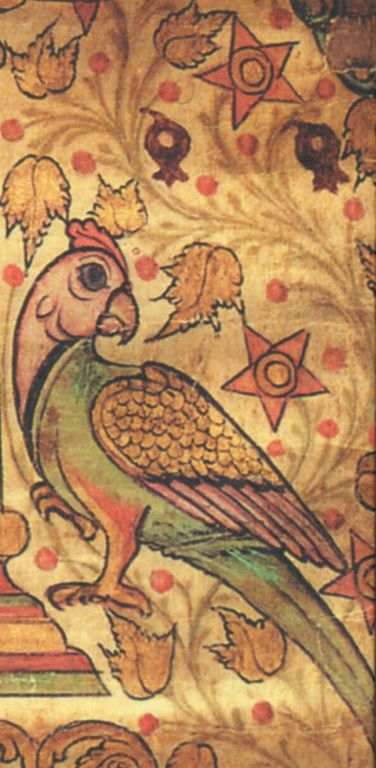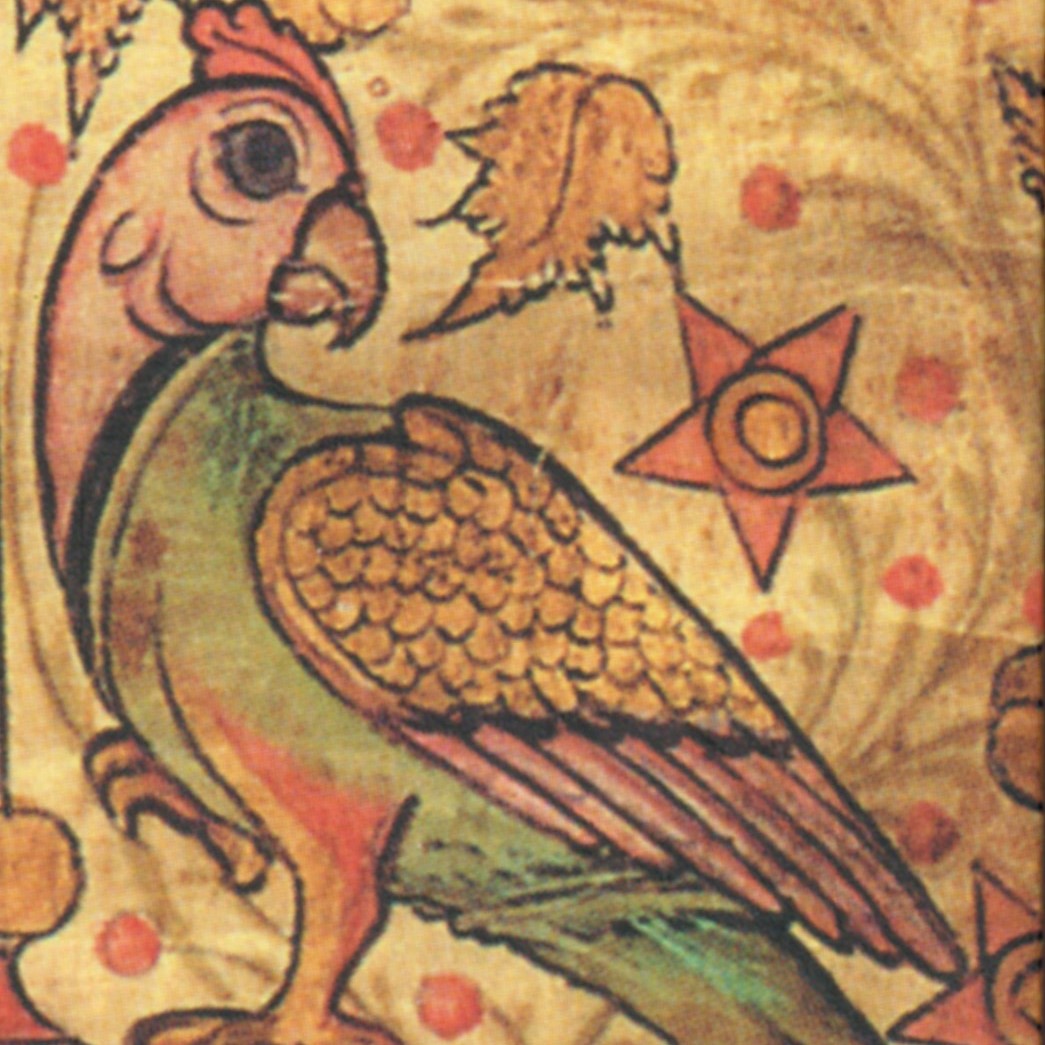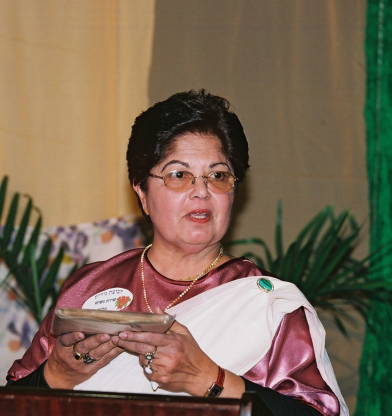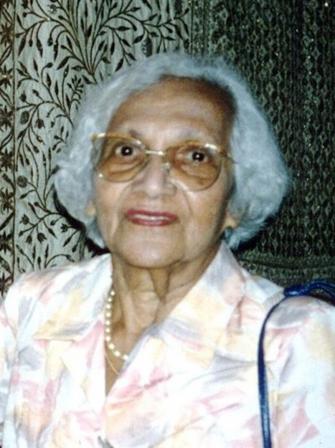2002
59. The Document Box
The introduction to songs 57-59 is available here.
Rahel Kala, Venus Lane, Simcha Yosef. Recorded in the NSA studio, June 9, 2002. CD Track 26; III-12.
Ādhārappěṭṭi, ādhārappěṭṭi,
Tānĕ tānĕ aḻiccu tuṟannūtě (x2)
1.The box of documents, (x2)
Tānĕ tānĕ, it was opened and untied. (x2)2. “Who was the one who saved the life? (x2)
Tanĕ tanĕ, it was he who saved the life.” (x2)3. “Who’s sitting at the gate of the fort? (x2)
Tanĕ tanĕ, he is Mordecai the Jew.” (x2)4. “Go and bring him now with haste.” (x2)
Tanĕ tanĕ, then the horse was brought to him. (x2)5. “And also bring the royal crown.” (x2)
Tanĕ tanĕ, then the royal crown was brought. (x2)6. Then he mounted on the horse, (x2)
Tanĕ tanĕ, Righteous Mordecai. (x2)7. “And who walked in front of him?” (x2)
Tanĕ tanĕ, Omon held the reins and walked. (x2)8. As Omon walked along the road, (x2)
Tanĕ tanĕ, as he held the reins and walked, (x2)9. The night pot was emptied on his head (x2)
Tanĕ tanĕ, by the daughter of Omon! (x2)10. When she saw it was her father, (x2)
Tanĕ tanĕ, then she hit her head and died. (x2)11. Omon built the gallows there. (x2)
Tanĕ tanĕ, Omon built them there himself. (x2)12. So he was taken there and hung, (x2)
Tanĕ tanĕ, hung upon the gallows there.(x2)13. From Parshandada to Vayijata (x2)
Tanĕ tanĕ, all eleven together were hung. (x2)14. All the wealth Omon was counting (x2)
Tanĕ tanĕ, was on the sole of Mordecai’s shoe. (x2)15. The houses Omon held on loan (x2)
Tanĕ tanĕ, were on the sole of Mordecai’s shoe. (x2)16. Blessing on God Who did this favor. (x2)
Tanĕ tanĕ, may our God be blessed. x(2)
The basic story in this song echoes events in chapters 2 and 6 of the book of Esther, referring to the discovery by King Aḥashverosh (through reading an old document, one sleepless night) that Mordecai had saved his life at an earlier time, followed by the King’s subsequent elevation of Mordecai and the humiliation and execution of Haman. The title and first line refer to the traditional palm leaf documents of Kerala also mentioned in song 58. In houses of the wealthy and in government archives, they were tied in bundles and kept in sturdy wooden document boxes.
The midrash about Haman’s daughter and the chamber pot is found in several Talmudic sources (Ginzberg 1968, 4:440; 6:477n173) though she is not mentioned at all in the Book of Esther. In this song her ultimate humiliation and death, along with that of her father Haman, can be seen as a conclusion to the episode about both of them in the initial Purim song, “In the India Kingdom.” She is not given a name in midrash, nor in either of these Malayalam songs.
Stanza 13 names the first and last of Haman’s ten sons, who were executed along with him. Reference to the sole of Mordecai’s shoe points to the midrash that the bond of Haman’s slavery was written on Mordecai’s sandal (or on his knee), which he habitually displayed to Haman as a rude reminder (Ginzberg 1968, 4:399, 6:464n105). In Indian culture, to even turn the sole of one’s foot toward someone is an insult—adding extra spice to the enjoyment of Haman’s defeat. (Recall Isaac’s concern about the possibility of accidentally kicking his father in song 43, stanza 9.)
Elements of farce in the reversal of Mordecai and Haman and in the daughter’s death by chamber pot are decidedly in the style of Purim dramas from other Jewish cultures, as well as that of many Kerala folk dramas. As in the previous song, the question-and-answer narrative format is similar to dialogue between the comic narrator and the background singers in performances of Chavittunatakam. The word tānĕ is a Malayalam emphasizer, meaning “himself,” “herself,” or “itself,” and its repetition at the beginning of the second line in each stanza adds a foot-stamping rhythm to the drama and humor of the performance.
Sixteen variants of “The Document Box” are found in notebooks from Kochi, Ernakulam and Parur. Ruby Daniel identified this rousing popular song as a composition by Daniel Haim, her paternal grandfather, who was also said to be the composer of songs 52 and 66. Of “The Document Box,” she said, “This one you have to sing when you’re drunk!”—implicitly referring to the oft-quoted Talmudic injunction to drink enough on Purim so that one does not know the difference between “Cursed be Haman” and “Blessed be Mordecai” (Tractate Megillah 7b).







